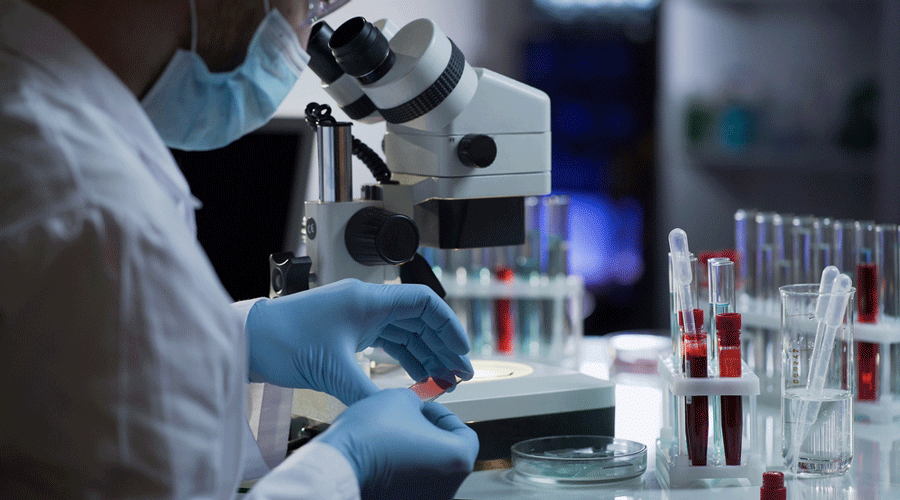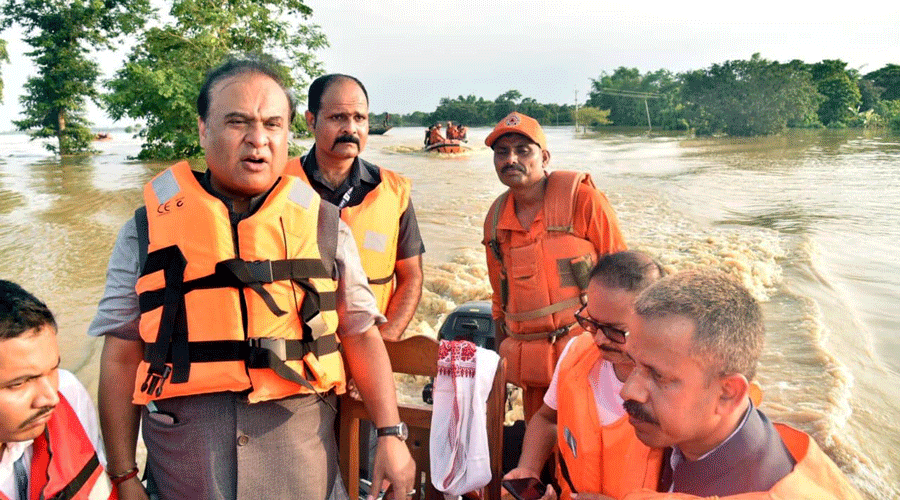Many patients across India face the risk of being undertreated, overtreated or exposed to additional expenditure because dozens of medical colleges do not provide critical diagnostic tests to guide clinical decisions, three pathologists have cautioned.
They have said the absence of key diagnostic tests — some of them developed decades ago — represents an overlooked gap in healthcare services that could expose patients to wrong medications or unnecessary surgical procedures.
Many medical colleges and associated teaching hospitals in the public and private sector lack diagnostic tests that look for special proteins or biomarkers linked to certain infections, specific types or stages of cancers, or blood and congenital disorders, they said.
“India… cannot achieve the goal of universal healthcare or health-for-all if the laboratories in medical colleges continue to be ill-equipped,” Sanjay A. Pai, a Bangalore-based pathologist, and his co-authors Nishtha Ahuja and Sharada Rane, both from government hospitals, wrote in a review paper.
In some states, for instance, a technique called immunohistochemistry (IHC), widely used to diagnose cancers and guide the management of lymphoid and breast cancers, is not available at any government-run medical colleges, they said.
Such institutions are likely to refer patients requiring IHC services elsewhere, possibly private labs.
Among the other tests unavailable at many medical colleges is a technique called “immunofluorescence”, used in the diagnosis of several medical disorders, including auto-immune diseases, and another called “frozen sections”, key to kidney and skin biopsies and to guiding surgeons during tumour resections.
Frozen sections allow surgeons to remove only what needs to be removed, leaving non-cancerous tissue intact.
“IHC emerged over 40 years ago and frozen sections more than 100 years ago — yet many medical colleges in the country still have not established the infrastructure for these tests,” said a senior pathologist in a hospital, who requested not to be named.
The absence of key tests at medical colleges also affects postgraduate education. “We believe that there are pathologists who will be granted MD (pathology) degrees without having… seen or interpreted” certain critical tests, Pai and his co-authors said in their paper.
Ahuja is at the Postgraduate Institute of Medical Education and Research, Chandigarh, and Rane is at the Government Medical College, Baramati (Maharashtra). Their review has just been published in the influential journal Archives of Pathology and Laboratory Medicine.
Pathologists not associated with the review paper said the concerns that it had underlined reflected the low priority given to, and the lack of investments in, pathology and lab medicine services.
“Lab medicine and pathology are critical components of healthcare but have been largely neglected in policy,” said Kim Vaiphei, professor of pathology at the Postgraduate Institute of Medical Research and Education, Chandigarh, and president of the Indian Association of Pathologists and Microbiologists.
“Pathologists need to be part of health policy-making. Even if IHC and frozen sections are considered relatively sophisticated tests, I’m concerned about even essential tests — blood counts, urine tests, biochemistry — being performed in medical colleges in peripheral areas and in district hospitals.”
Varsha Dhume, associate professor of pathology at the public-funded T.N. Medical College and Nair Hospital, Mumbai, said the absence of certain diagnostic tests at public-funded medical colleges should not be surprising given the levels of public healthcare funding.
“Many government colleges do offer IHC-based tests — we provide IHC in our college free of cost,” Dhume added. In the private sector, patients might need to pay Rs 5,000 or more for these tests.
Pai and his co-authors have proposed a set of 30 questions that health authorities such as the National Medical Commission — the country’s apex regulator for medical education — could use to evaluate the state of labs at medical colleges across the country.
The questionnaire, they said, is intended to reflect in part what should be taught in postgraduate pathology courses and what fresh postgraduates should know as they join the practice of pathology and lab medicine.
India has more than 520 medical colleges of which over half (276) are run by the government. But only 198 of the country's medical colleges have labs accredited by the National Accreditation Board for Testing and Calibration Laboratories, a stamp of quality that labs can acquire if they meet certain standards.


